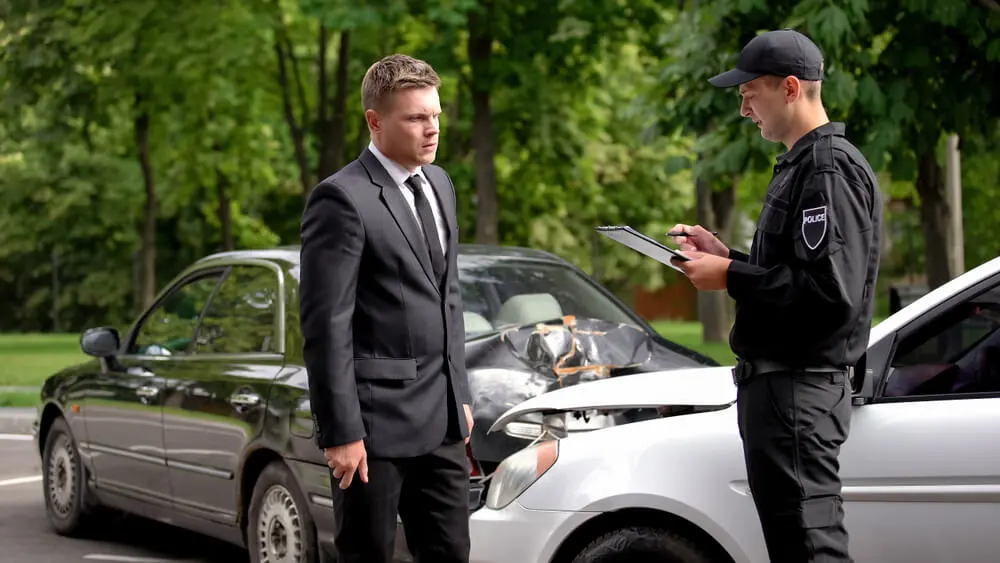
When car accidents occur, one of the most routine steps is filing a police report. If you’ve been injured in a car accident, you might be wondering whether you can still pursue a personal injury claim if you don’t have a formal police report. Thankfully, the answer is yes. While a police report can be helpful in establishing the details of an accident, it is not a requirement for filing a claim. Here’s what you need to know about navigating the process without one.
Understanding the Role of a Police Report
A police report serves as an official record of a car accident. It documents the basic facts, such as the time, place, and parties involved, and can provide a neutral account of how the accident occurred. This document can be valuable in building your case, as it offers an authoritative perspective on the circumstances surrounding the accident.
However, the absence of a police report does not automatically preclude you from seeking compensation for your injuries. Personal injury claims are primarily based on establishing that someone else’s negligence caused your harm. You can still gather and present other forms of evidence to support your case.
Alternative Evidence to Support Your Claim
While police reports can provide essential documentation to establish these elements, particularly the at-fault driver’s admission of liability or witness statements, they are not the sole means of pursuing a claim.
Medical Records: Your medical records are crucial in proving the extent and nature of your injuries. Documentation from doctors, hospitals, and other healthcare providers can demonstrate the treatment you received and the impact of the injuries on your life.
Witness Testimonies: If there were witnesses to the accident, their testimonies can be incredibly valuable. Witnesses can provide a first-hand account of what happened, which can help corroborate your version of events.
Photographic Evidence: Photos of the accident scene, your injuries, and any property damage can serve as compelling evidence. Visual documentation can provide context and support your claims about the circumstances of the accident.
Incident Reports: If the accident occurred in a place like a workplace, store, or other establishment, there may be an internal incident report. These reports can be useful in providing additional details about what transpired.
Your Own Account: A detailed and well-documented personal account of the incident can also be instrumental. While it may not carry the same weight as a police report, it can still provide crucial context and details.
Importance of Hiring a Personal Injury Lawyer
While a formal police report can be a helpful piece of the puzzle in a personal injury claim, it is not an absolute necessity. With the right evidence and legal guidance, you can still pursue a claim and seek the compensation you deserve. Don’t let the absence of a police report discourage you from taking action. Remember that seeking legal guidance during this process is critical, as skilled representation can dramatically affect the outcome of your claim. Protect your rights, seek justice, and ensure that you receive the compensation necessary for your recovery and future well-being.
Injured? Contact Platinum Injury Law today for a FREE case consultation.



